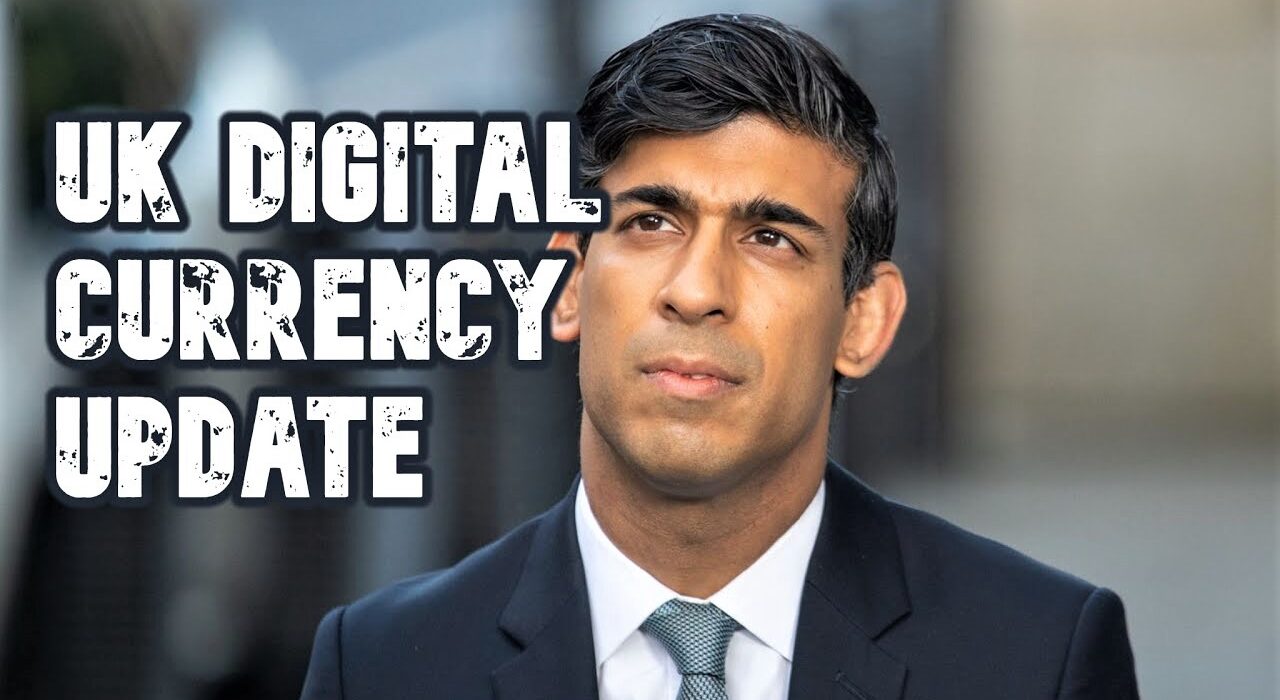New forms of digital money are emerging every day as Digital Currencies UK economies expand, cross-border transactions increase, and the demand for instantaneous results rises.
It’s true that they’re innovative and cost-effective, and that they’re fast, secure, and private, but they’re also difficult to use and don’t come with clear regulations.
A cryptocurrency, a stablecoin, and a CBDC – a Central Bank Digital Coin – are the three most common forms of digital currencies. Digital money has been developed most extensively in China among major economies. Several use cases for an Australian CBDC have been explored by the Digital Finance Cooperative Research Centre and the Reserve Bank of Australia.
In a world where digital currencies are competing to solve problems and serve needs, which one will become the future standard of currency? During Sibos 2022, which was held in Amsterdam in October, representatives from five leading global institutions discussed ‘Progressive finance for a changing world’.
Related Topic
In the future, we will likely require a range of options rather than just one future currency, said panelist Ian De Bode, a Partner at McKinsey & Company in San Francisco. In decentralized finance (DeFi), stablecoins, for example, are currently the digital currency of choice for making interplatform or cross-border payments, storing value, and providing liquidity for margin loans or swaps. Due to its pegged value to a commodity, currency, or regulating algorithm, and its ability to engage with smart contracts, it’s less volatile than cryptocurrencies.
De Bode predicts a mix of cryptocurrencies, stablecoins, and CBDCs in terms of global adoption over the next decade.
CBDCs are expected to emerge as the dominant digital currency in the future, according to William Lovell of the Bank of England.
Digital currencies are plagued by regulation and limitations
Digital currencies must navigate some pain points as they compete for usefulness and the top spot.
Any dominant Digital Currencies UK in the future will be governed by regulation, said Sophie Gilder, Managing Director, Blockchain & Digital Assets, at Commonwealth Bank. The regulatory environment, however, is unclear at the moment.
According to Gilder, regulated financial institutions might be less likely to hold stablecoins due to regulatory capital rules. Stablecoins may also be affected by other regulations.
The CBDC may also have limitations, according to Gilder, including:
- Individuals and corporations are allowed to hold a certain amount;
- Interoperability on a global scale;
- The possibility of paying interest.
Getting old technology to talk to new digital currencies
Panelist Stefano Favale admitted it would be challenging to ensure interoperability with digital currencies as the adoption of them increases. Interoperability was also a key topic for the panelists.
In order to achieve interoperability and scale, digital currencies must interact with platforms, and intermediaries are still needed to provide liquidity.
Business and global financial institutions are used to dealing with interoperability, Gilder said.
She explained, “every time you use a technology in a new way, you must ask it to integrate with other technologies. We need to create an interoperable environment between digital assets and digital currencies based on blockchain, as well as legacy technologies, which will continue to exist.
Is it necessary to monitor illicit finance or do we need privacy?
It was the promise of privacy and anonymity that initially attracted people to Digital Currencies UK. Despite this, anonymity has often been associated with illegal activities, such as money laundering. Nevertheless, De Bode pointed out that keeping transactions private has legitimate reasons. Stablecoins were used by individuals around the world earlier this year to support Ukraine’s military efforts when traditional financing options did not work fast enough. Due to the conflict environment, the digital donors welcomed the anonymity.
It was clear that a lot of donors wanted their donations not tracked to their individual accounts” explained De Bode.
The demand for privacy must also be factored into the design of CBDCs, Gilder said, in order to incentivize the adoption of CBDCs.
In many countries, it isn’t acceptable to have surveillance architectures through CBDCs. “We need to place a heavy focus on that to engender trust.”
Australia’s digital currency future
Compared to Europe and the United States, the digital currency landscape in Australia differs somewhat. As Gilder pointed out, Australia’s domestic direct payment system is already fast, free to use, and relatively data rich, so CBDCs do not face the same challenge as elsewhere. By automating, however, they can provide programmability and efficiency.
CBDCs will serve as a risk-free cash on ledger to efficiently transact on digital assets in the future – although we do not yet have a lot of digital assets.
Over the next decade, digital currencies are expected to grow rapidly
According to the panelists, the following will happen over the next decade:
- People will be paid by minutes and seconds instead of hours, days, or weeks (Ricardo Correia).
- Our energy usage will be optimized in ways we haven’t imagined, and we will trade value as a result of climate change. In the words of William Lovell.
- A variety of forms will be used for money – as well as greater user friendliness (Sophie Gilder).
- There will be a proliferation of digital assets (Ian De Bode).
- The use of central bank currency and commercial currency can be used to leverage stickiness of customers if financial institutions offer different payment options (Stefano Favale).
Experts in digital currencies
At R3, Ricardo Correia oversees global currencies and is Managing Director. In addition to managing strategy and commercialization for digital currencies (DC), he is also responsible for stablecoins and CBDCs. More than 100 central banks, including those in the G7 and G20, are members of his DC working group. A world-class Sandbox and Accelerator was released in 2021 by R3 Digital Currencies to help customers develop, design, and deploy their solutions more efficiently. In his first 18 months at R3, Ricardo grew the APAC team and worked with member banks worldwide. Afterward, he headed Global Alliances & Partnerships for three years, developing a network of 300+ global partners who offer Corda-based services and solutions. CommBank, Avanade and Accenture have all employed Ricardo in senior leadership roles before joining R3.
A Managing Director at Commonwealth Bank, Sophie Gilder oversees blockchain and digital assets. In addition to her work on blockchain-driven projects, she is also responsible for experimenting, advocating for policies, and commercializing them. As a founding member of x15ventures, Sophie managed a portfolio of fintech ventures and established Centers of Excellence for Blockchain and Artificial Intelligence. Having been a founder and advisor for start-ups, Sophie’s background is in investment banking.
RTGS Renewal Technology Head William Lovell is at the Bank of England. Among his responsibilities is assessing the impact of new technologies on the financial system and how they can be used to accomplish the Bank’s goals. With a particular focus on payment and settlement platforms, this involves work on distributed ledger and artificial intelligence technologies. It is his responsibility to ensure that the RTGS platform is fit for purpose for the upcoming changes in financial technology as a part of his work on the renewal of UK’s RTGS.
The San Francisco office of McKinsey & Company is led by Ian De Bode. He is responsible for McKinsey’s North American digital assets practice. Among his many accomplishments is the creation and implementation of new blockchain-based products and the definition of Digital Currencies UK asset strategies for financial institutions and investment funds. As a product development manager at Umicore (the largest semiconductor manufacturer for Germanium substrates), Ian worked before joining McKinsey. His degrees include a B.Sc. in Electrical Engineering from the University of Leuven and an M.Sc. in Nanoscience and Nanotechnology from the University of Leuven, along with an MBA from Stanford University.
Currently, Stefano Favale is the Head of Global Transaction Banking for Intesa Sanpaolo and is on the SWIFT Board of Directors. In addition to his responsibilities as Director of Corporate Digital Channels, Stefano is in charge of Cash Management, Trade Finance, Acquiring, and Securities Services. It is his mission to deliver products and innovations to the overall business customer base across Italy and 40 other countries. In addition to his 20 years of experience in the banking industry, Stefano has held senior management positions in commercial banking and been active in the business payments community for two decades. Additionally, he serves on the boards of Bank of Intesa Russia, Bancomat SpA and Exetra SpA



